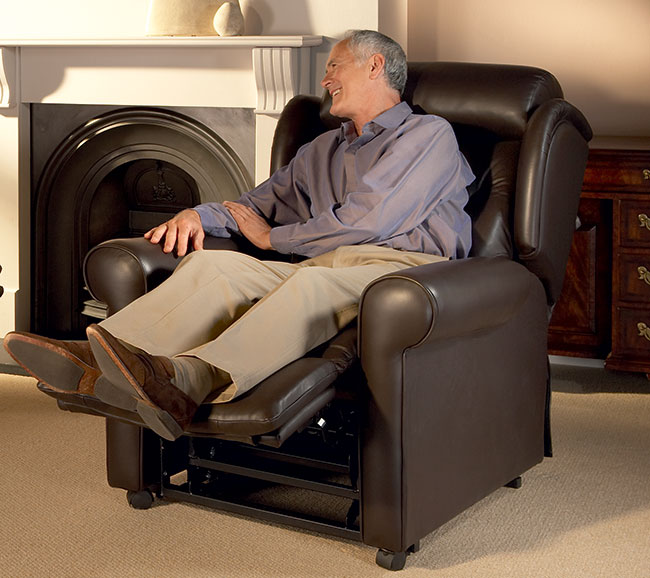
As the global population ages, the quest for solutions that support elderly independence becomes increasingly crucial. Home automation technology, once considered a luxury, has emerged as a vital tool in enhancing the quality of life for older adults. This technology offers a range of benefits, from improving safety to boosting comfort and convenience in their living environments. Let’s explore how home automation is revolutionizing senior care and fostering a sense of independence among the elderly.
Enhancing Safety and Security
One of the paramount concerns for older adults living alone is safety. Home automation systems address this issue head-on with features like automated lighting, security cameras, and emergency alert systems. Automated lighting can help prevent falls by ensuring that homes are well-lit, reducing the risk of accidents. Security cameras and smart door locks enhance the security of their living spaces, allowing seniors and their families to monitor their homes remotely. Additionally, emergency alert systems can be life-saving, enabling elderly individuals to call for help with the simple press of a button.
Simplifying Daily Tasks
With age, everyday tasks can become challenging. Home automation technologies simplify these activities, making daily life less strenuous for the elderly. Smart thermostats adjust the temperature automatically for optimal comfort, while smart appliances can be controlled remotely, reducing the need for physical exertion. Voice-activated devices also play a crucial role, allowing older adults to control various aspects of their home, from turning on the TV to making phone calls, without lifting a finger.
Promoting Health and Well-being
The role of home automation in promoting the health and well-being of older adults cannot be overstated. Health monitoring gadgets seamlessly integrate with home automation systems, providing real-time data on vital signs, medication reminders, and even detecting irregularities that may indicate health issues. This technology not only helps in managing chronic conditions but also in preventing potential emergencies by alerting caregivers and medical professionals when necessary.
Encouraging Social Interaction
Isolation can be a significant issue for seniors, leading to feelings of loneliness and depression. Home automation technology can help mitigate this by making it easier for older adults to connect with their loved ones. Video call systems and social media platforms can be easily accessed through smart devices, helping seniors stay in touch with family and friends. Moreover, these technologies can be used to participate in virtual social activities, such as book clubs or exercise classes, fostering a sense of community and belonging.
Tailoring Environments to Individual Needs

Every individual has unique needs, and this is especially true for older adults. Home automation systems can be customized to suit the specific requirements and preferences of the user. From adjusting lighting levels to customizing the layout of smart device controls, these systems can be tailored to ensure maximum comfort and convenience for the elderly, making their living spaces truly their own.
The Final Sprinkle: A Step Toward Age-Friendly Living
The integration of home automation into senior care is more than just a technological advancement; it’s a step toward creating age-friendly living environments that empower older adults to live independently and with dignity. As we look to the future, the role of technology in elder care is set to grow, offering even more innovative solutions to support the independence and well-being of the aging population.
Embracing the Future with Confidence
As we move forward, the potential of home automation in enhancing the lives of older adults is boundless. From ensuring safety and simplifying daily tasks to promoting social interaction and tailoring environments to individual needs, technology is paving the way for a future where seniors can enjoy their independence with confidence. By embracing these innovations, we can create a world where aging is not just about adding years to life but adding life to years.
